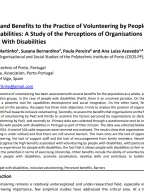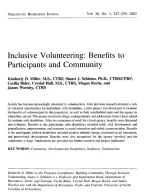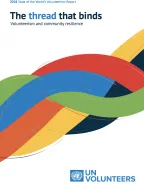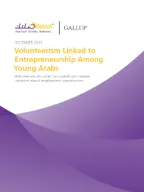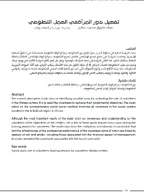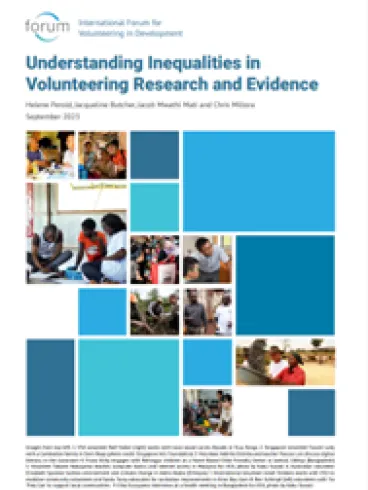
Technical paper
Understanding inequalities in volunteering research and evidence
Volunteerism
Download
Fast read
This paper is based on a study commissioned by the International Forum for Volunteering in Development with two objectives: to deepen Forum members’ collective understanding of inequalities in volunteering research, their root causes and how they are manifested; and to use this improved understanding to propose concrete ways in which a range of actors in the volunteering research space can address these inequalities.
Summary
- A qualitative research methodology was applied, comprising a literature review and interviews with select practitioners and researchers from both the global North and global South.
- The research findings are presented in three sections: (i) Why is there inequality in volunteering research and how does it manifest? (ii) Implications of the imbalances; and (iii) How do we change inequalities in volunteering research?
- The findings indicate inequality in volunteering research is a product of multiple factors, manifesting in five key ways: (i) Hierarchies; (ii) Assumptions and discourses; (iii) Low investments in research, development and innovation in southern countries; (iv) capacity for volunteering research mainly concentrated in the global North; (v) informal volunteer action/expressions of volunteering.
- The study proposes a number of ways to change inequalities in volunteerism research: (i) Recognize the value of volunteers and volunteering in multiple geographies; (ii) Adopt a multi-stakeholder approach to design and implement volunteering research; (iii) Use a plurality of research methods; (iv) Invest in building an equitable volunteering research ecosystem.













